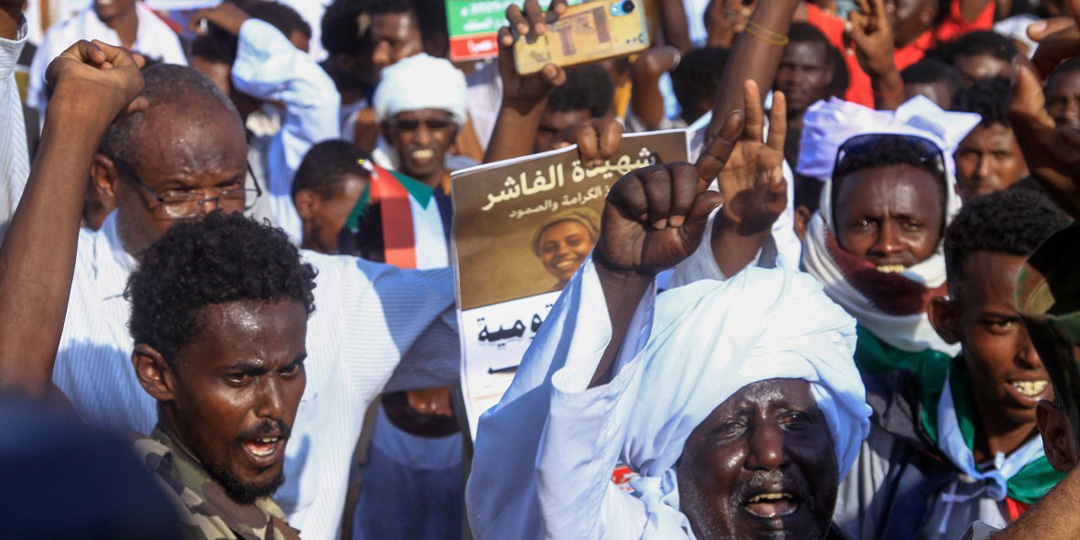The United Nations on Friday said at least 89 people had been killed in 10 days of attacks on the besieged Sudanese city of El-Fasher and the adjoining Abu Shouk camp.
Since April 2023, Sudan has been torn apart by a power struggle between army chief Abdel Fattah al-Burhan and Mohamed Hamdan Daglo, commander of the rival paramilitary Rapid Support Forces. The fighting has killed tens of thousands.
North Darfur’s besieged capital El-Fasher has been under siege by the RSF since May last year.
“Brutal attacks by the RSF on the besieged city of El-Fasher and the adjoining Abu Shouk camp for displaced persons in North Darfur, Sudan, resulted in the killing of at least 89 civilians over a 10-day period up to August 20,” the UN human rights office said.
“We fear the actual number of civilians killed is likely higher,” spokesman Jeremy Laurence told a press briefing in Geneva.
He said such attacks were unacceptable and had to cease immediately.
“We are particularly horrified that among the most recent spate of civilian killings, 16 appear to have been cases of summary executions,” he added.
“This pattern of attacks on civilians and wilful killings, which are serious violations of international humanitarian law, deepens our concerns about ethnically-motivated violence.”
Meanwhile the World Health Organization said El-Fasher was suffering “a severe humanitarian and public health crisis” driven by active conflict, blockade, and mass displacement.
WHO spokesman Christian Lindmeier said civilians were facing severe food shortages, rising malnutrition deaths, and severely limited access to health care.
“A large cholera outbreak is ongoing across Darfur state and has hit communities and displacement sites, adding pressure to already fragile services,” he added.
He said all 18 states in Sudan were reporting cholera, with 48,768 cases and 1,094 deaths reported this year up to August 11.
Cholera is an acute intestinal infection that spreads through food and water contaminated with bacteria, often from faeces.
Cholera can kill within hours when not attended to, though it can be treated with simple oral rehydration, and antibiotics for more severe cases.
rjm/rmb
© Agence France-Presse







